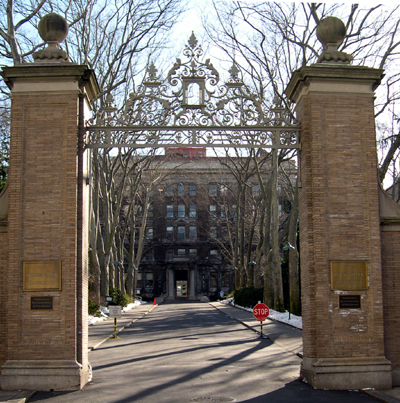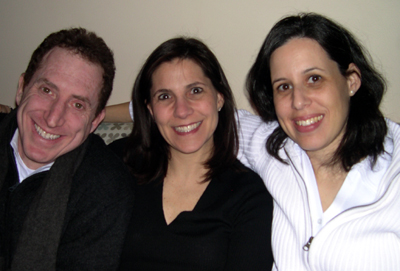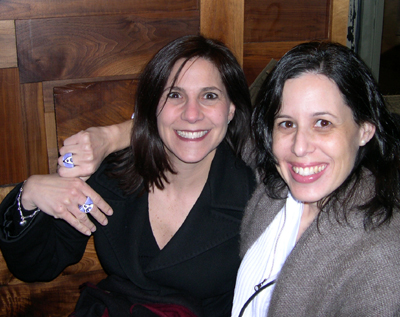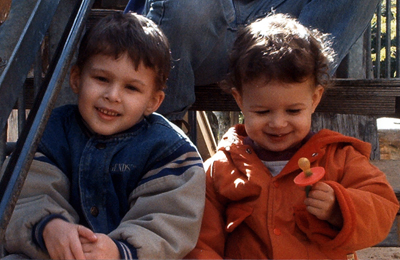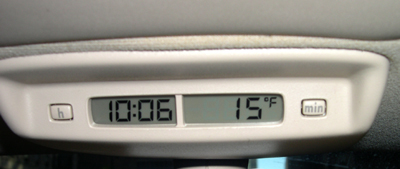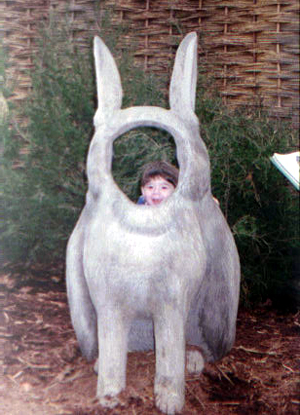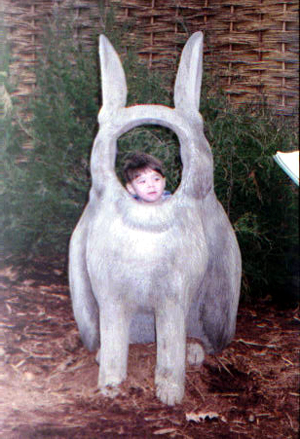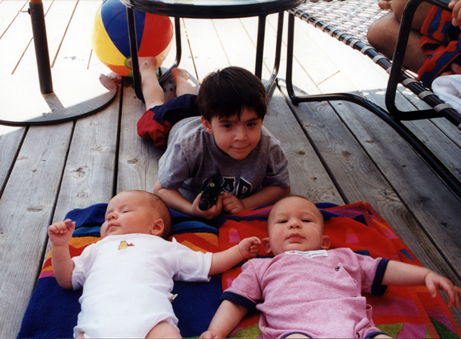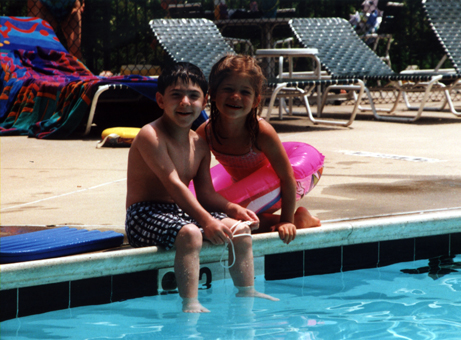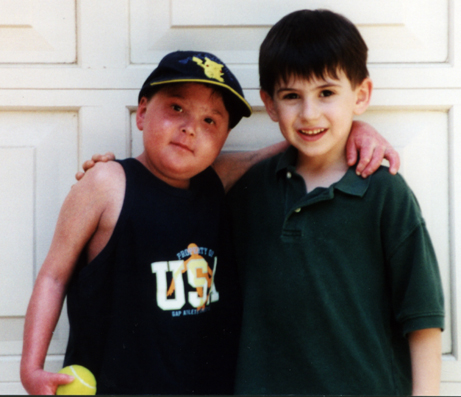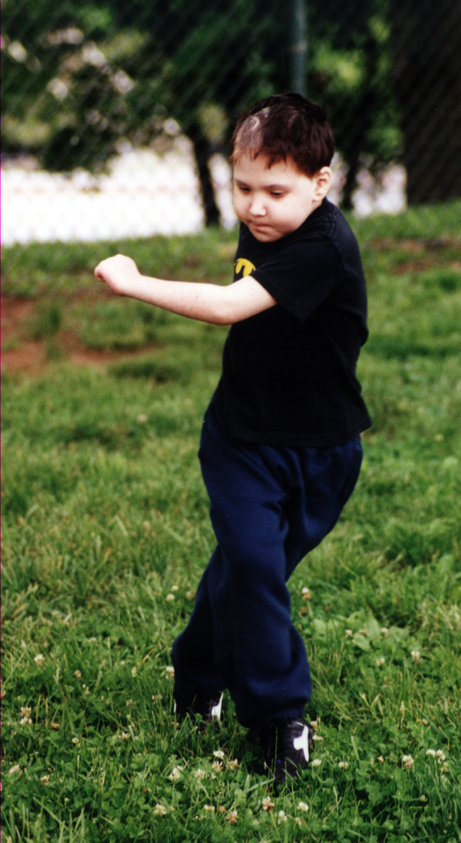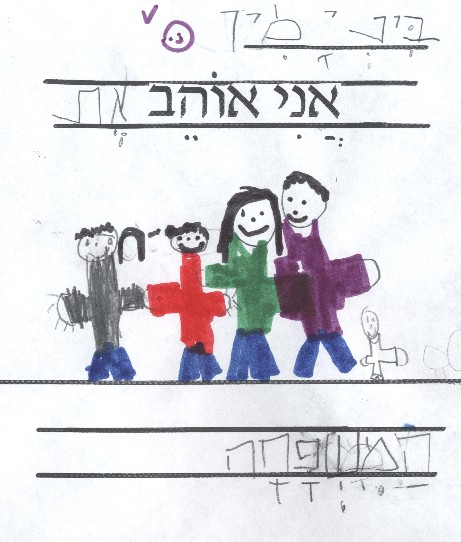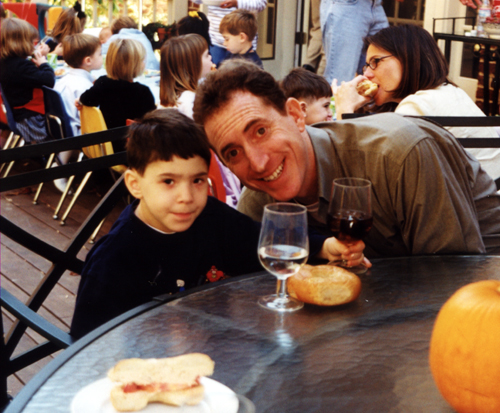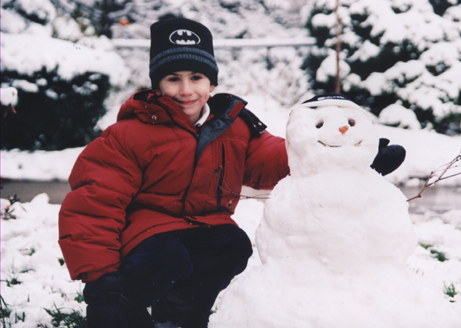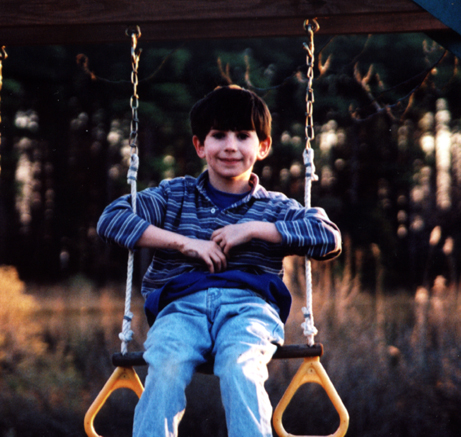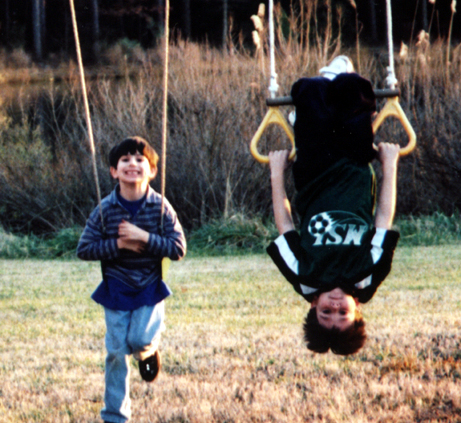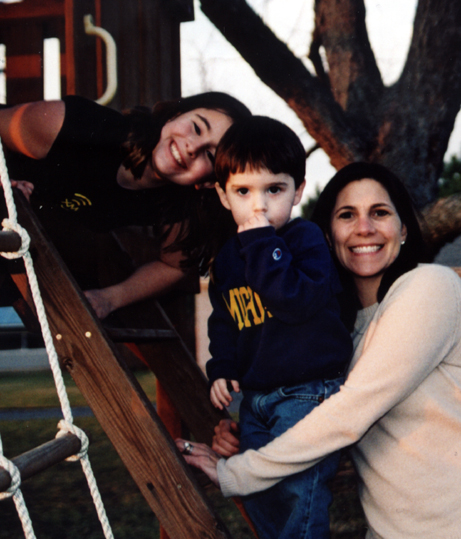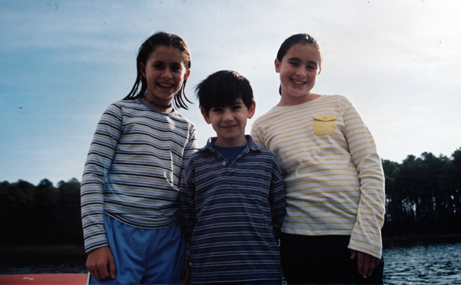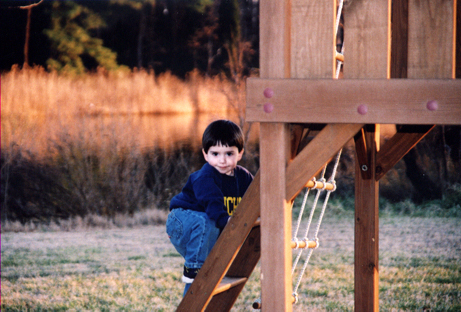 Custom Kids? Genetic Testing of Embryos
Custom Kids? Genetic Testing of Embryos

January 8, 2004
Renaissance Washington Hotel
Washington, DC
View session (streaming media file)
View panelist biographies (PDF)
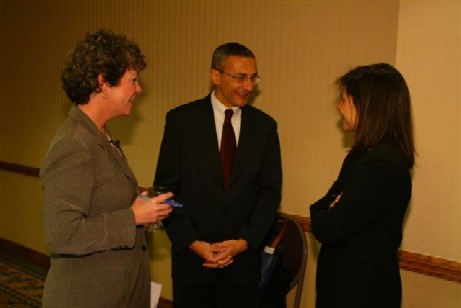 Henry's Story Illustrates Ethical Problems of Genetic Test
Henry's Story Illustrates Ethical Problems of Genetic Test
By Laura Pack -- Scripps Howard Foundation Wire
WASHINGTON - Laurie Strongin tried preimplantation genetic diagnosis nine times to save Henry. And she would have tried nine more if her first-born son had lived a little longer.
Strongin, a senior manager at the Fannie Mae Foundation, and her husband Allen Goldberg, used the technique in an attempt to produce a sibling for Henry who would have been a genetic match and a potential bone marrow donor.
“We simply ran out of time,” said Strongin, a Washington resident, as she fought to keep her composure. Henry died at age 7 on Dec. 11, 2002, after complications associated with a bone marrow transplant from an anonymous donor.
Strongin recounted a brief chronicle of her family’s struggle to save Henry’s life Thursday at a forum hosted by the Johns Hopkins Genetics and Public Policy Center. The center convened a diverse panel to discuss the ethical, social, political and scientific implications of PGD.
Henry was born with Fanconi anemia, a genetic disease that his parents had never heard about. Bone marrow transplants can help patients, but they are not necessarily cures.
FA is a recessive disorder that leads to bone marrow failure: if both parents carry a defect in the same FA gene, each of their children has a 25 percent chance of inheriting the defective gene from each parent. A child who inherits the gene from both parents gets the disease.
In PGD embryos developed outside the womb are tested for genetic abnormalities that cause serious disease before being transferred to a woman’s uterus, according to a report released by the center.
Like the Strongins, some families are choosing PGD to try to improve the quality of life for existing children or to avoid genetic diseases in babies. Other families are turning to this technology to choose the sex of their baby. Although it’s not possible now, soon PGD may make customizing traits a reality.
“Potential abuses should not prevent the thoughtful use of this technology,” Strongin said. “PGD should be allowed for life-saving technology.”
The panel of seven included Newt Gingrich, president of the Gingrich Group and former speaker of the House; John Podesta, president of the Center for American Progress and former Clinton chief of staff; and Bernadine Healy, a columnist, White House adviser and former president of the American Red Cross and former director of the National Institutes of Health.
“I think we’re reminded to go back to Laurie’s story and review the context,” Podesta said. “I think the American people inductively get this stuff right.”
Gingrich said that society is in transition and practical decisions will have to be made, especially when it comes to designer babies.
“We had better be thinking through the ground rules,” Gingrich said. “If we don’t have some kind of larger regime, you will have 7-foot-9-inch people entering the Olympics.”
Cloning, genetic testing, embryo selection and other technologies are sparking ethical debate about social engineering, genetic tampering and human worth.
“We as a society have to really think about what it means to have a full and fulfilling life,” said Paul Miller, commissioner of the U.S. Equal Employment Opportunity Commission.
“Who decides that for the embryo is very much the question,” Miller said.
Amy Hall, assistant professor of theological ethics at Duke University, said she would advise parents to reconsider using PGD and instead adopt children already waiting for a home. Hall said that she knew her suggestion “might seem harsh,” but that faith, hope and love make that option feasible.
Much talk surrounding PGD also concerns the public’s right to chose.
“The minute you accept contraception, you’ve begun choosing,” Gingrich said.
“There is such a thing as choice in this country,” Healy said. Healy said that she honors the moral value of considering an embryo as a person, but this view can’t be imposed on all of society.
The center’s report addressed the accessibility of PGD. It requires in vitro fertilization, which costs $10,000 to $20,000. Adding PGD can bring the total to $12,500 to $16,000, the report said.
Congress has not explicitly authorized federal regulation of PGD. No state has enacted laws that directly address PGD. But some states have passed laws related to assisted reproductive technology.




